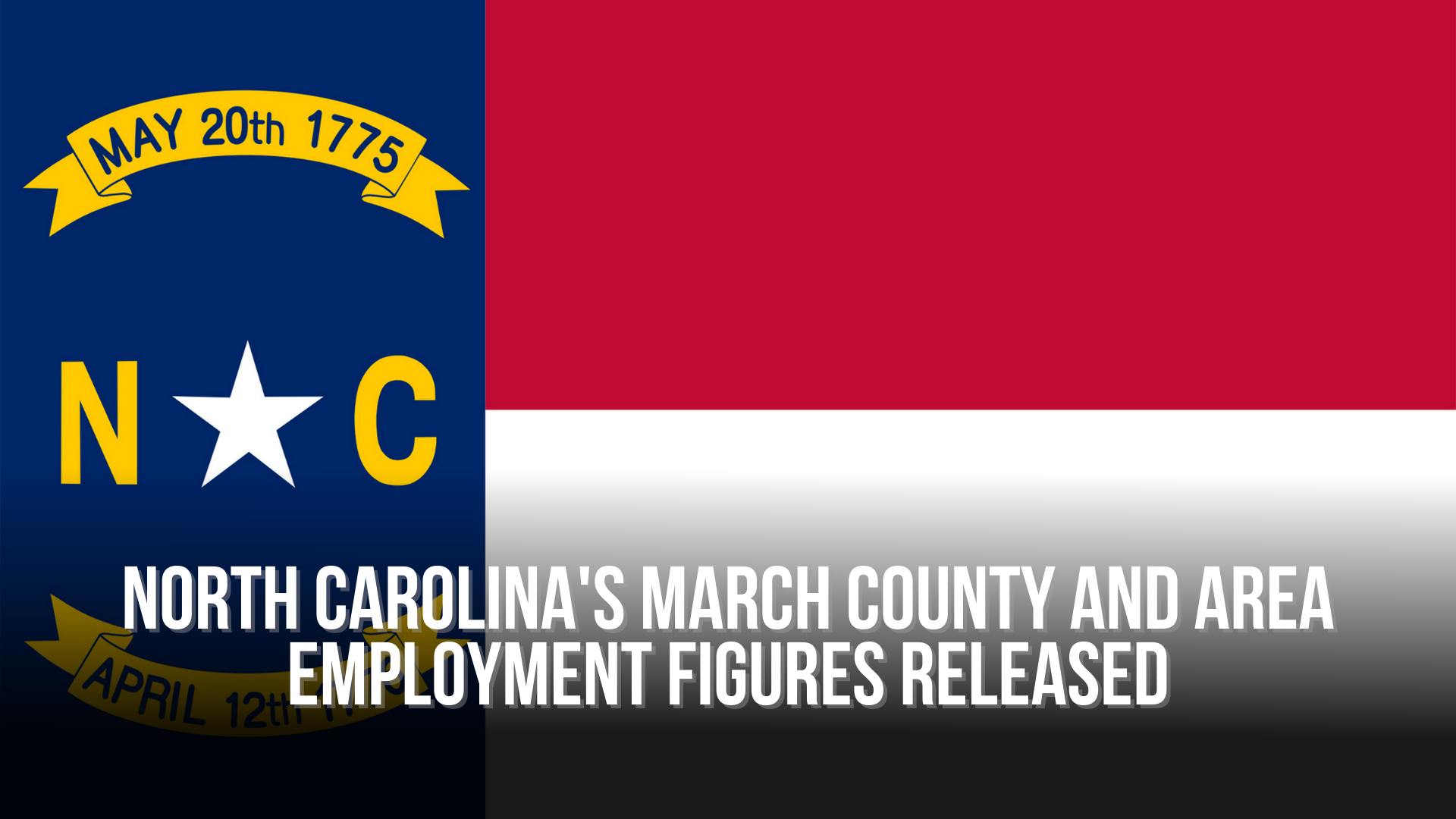Mike Parker: Should the state involve itself more in homeschools?
I recently read an article in the Kinston Free Press entitled “NC homeschool families have little oversight. Many want to keep it that way” by Brian Gordon of the USA Today network. One of the experts cited in the story, Duke Law Professor Jane Wettach, wrote in a 2020 report on the state’s homeschooling law:
“In terms of oversight that would prevent education neglect, there is nothing meaningful in North Carolina. My main interest is protecting children,” she said. “And I don’t think our homeschool statutes protect children.”
Without a doubt, a few of the 180,000 children currently being homeschooled are receiving an inferior education. However, most homeschool parents are well-educated, intelligent, and seek to give their children the best education they can provide.
North Carolina currently requires those who want to homeschool to meet a few basic requirements. First, those who wish to homeschool must submit a notice of intent to operate a homeschool to the North Carolina Division of Non-Public Education (DNPE). The state requires submitting this notice when a person is establishing a new homeschool. That notice must contain the name and address of the homeschool and the name of the homeschool’s owner and chief administrator.
Second, any person who provides academic instruction in a homeschool must have at least a high school diploma or its equivalent. Third, a homeschool must operate on a regular schedule for at least nine calendar months each year, except for “reasonable holidays and vacations.” Fourth, homeschools must keep attendance and immunization records.
The fifth requirement is that a homeschool must test the child or children attending using a nationally standardized test or other nationally standardized equivalent measurements at least once every school year. The test must measure achievement in English grammar, reading, spelling, and mathematics. For one year after testing, test scores must be kept available at the principal’s office for annual inspection by a duly authorized representative of North Carolina.
The last requirement is when a homeschool in North Carolina stops operating or if the family moves out of the state, then the administrator, usually a parent, you must notify the DNPE that the homeschool has closed.
Nearly one in 10 students in North Carolina receive instruction in homeschools. One problem with the current law is that the Division of Non-Public Instruction does not receive enough funding to have the staffing to monitor the 120,000 homeschools in the state. As usual, the state makes mandates but does not provide the funding to make the system work.
But an even deeper question is: Should we be so concerned about potential “educational neglect” among homeschoolers when North Carolina public schools direly need to revamp their current educational programs? North Carolina moved up one spot on a 2019 national report card on public education, but the state still ranks in the bottom half of the country. North Carolina received a C- grade, scoring 72 out of 100 on the scale Education Week used to evaluate schools.
Education funding comprises a significant percentage of that score. When North Carolina is compared with most other states, North Carolina appropriates less than the average per student provision for K-12 education. Just a few years ago, in 2011, North Carolina ranked 19th nationally on this same measure. When a state has such mediocre rankings, do legislators and education leaders need to meddle with homeschools?
Professor Wettach believes the state needs to take more steps to safeguard children from inferior education. In her 2020 report “Protecting Homeschoolers – A Proposal to Protect Homeschooled Children in North Carolina from Educational Neglect,” she outlined several changes she would like to see.
She recommended the state require families to register the names and ages of homeschooled children – rather than just the names of instructors – to help state officials ensure all families comply with North Carolina’s compulsory attendance law.
She would require homeschoolers to take a state-approved test and submit the results to the state. Scores below a certain threshold would then trigger the Division of Non-Public Education to intervene and implement a remediation plan.
Her plan has several serious flaws. First, the Division of Non-Public Education lacks the staff to monitor current requirements. Will the state provide funds to increase staffing? Establishing unenforceable provisions is a waste of time.
Second, the notion that homeschoolers need to take a “state-approved” test makes me wonder if she references the current tests in public schools. If so, these tests have done little to nothing to improve public education. I helped administer these tests when I was a teacher – and I endured the results of “teaching to the test” when I taught first-year students at East Carolina who lacked the basic skills in reading, writing, and thinking a college student needs.
Several nationally normed tests are better than the standardized tests North Carolina’s public schools use. The rabid dependency on “test scores” has caused real education to deteriorate because teachers face pressure to teach to the test.
The state does not need to increase its involvement in the homeschooling movement. Before the state tries to fix homeschools, North Carolina needs to improve its own schools.
Mike Parker is a columnist for the Neuse News. You can reach him at mparker16@gmail.com.



